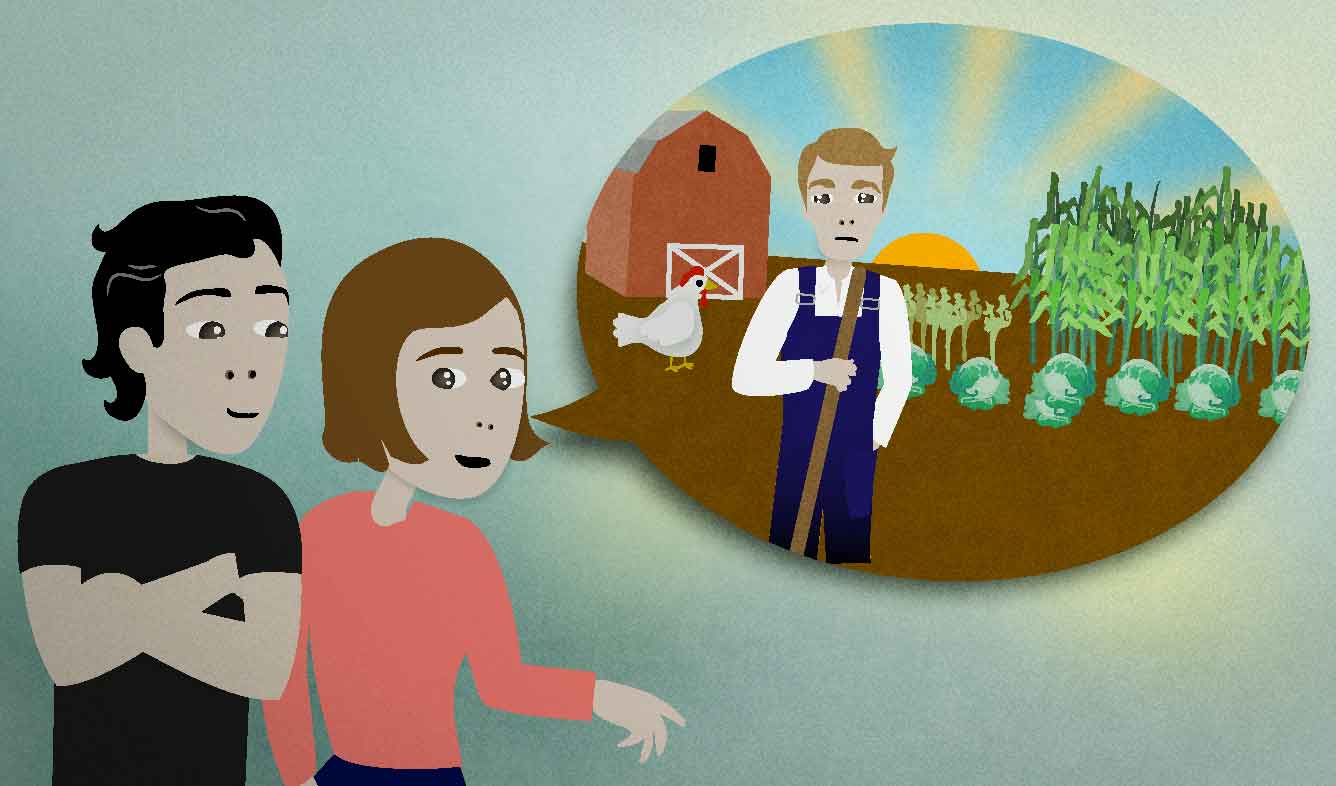“We have it so easy these days.”
You're talking to your friend about your grandfather, who was a hard worker and woke up at the crack of dawn every day to work on a farm. You don't think that most people work that hard in the current generation, so you say this.
We have it so easy these days.
Want Video and Sound? Follow us on YouTube

these days
"These days" means "recently". But "recently" is used to talk about things that have happened over the last few weeks or months. "These days" is a longer time period, usually from the last 6 months to the last 20-30 years. You use "these days" to talk about major changes in your life or in society.
I don't watch much TV these days.
Kids these days don't even remember what life was like before mobile phones and the Internet.
It's getting harder and harder to earn a living as a photographer these days.
(someone) has it easy
This phrase means that someone has an easy life, doesn't have to work hard, doesn't have to suffer, and so on.
Older people often say this about younger people who have an easier life than they remember having:
You kids have it easy! Back when I was in high school, the teachers all used to carry big paddles around and if we got out of line, they'd whack us with them.
People don't think of "having it easy" as a very good thing. When you say this about someone, it makes them sound weak and undeserving of all the good things that have happened to them.
